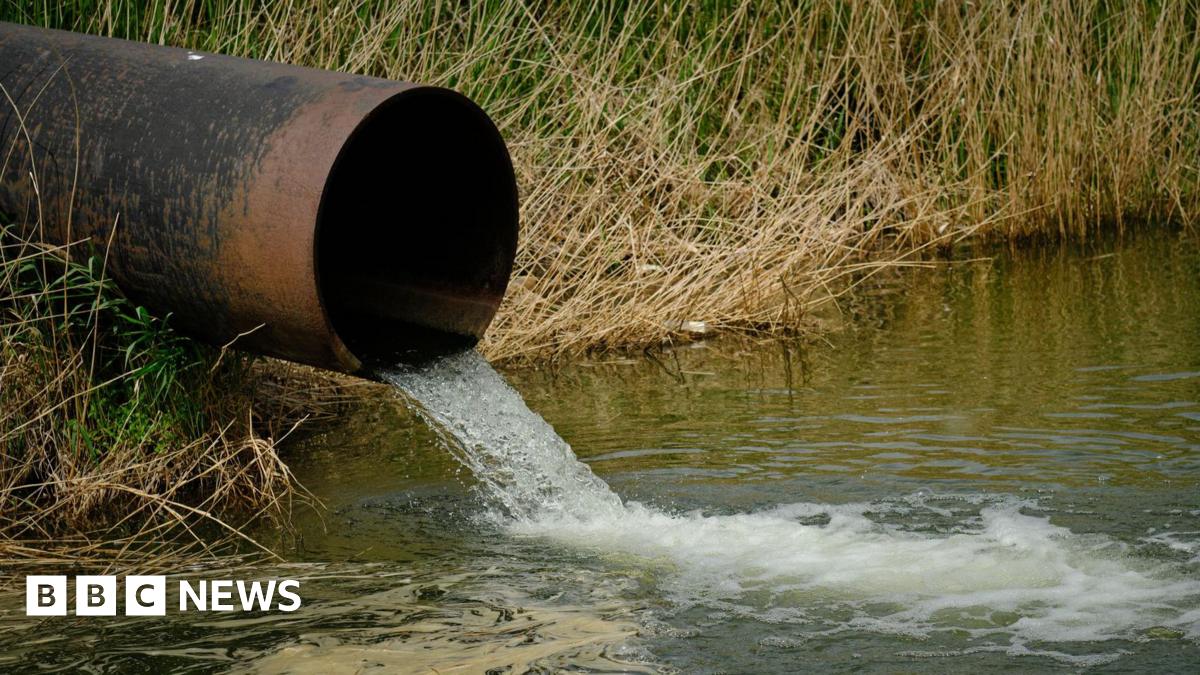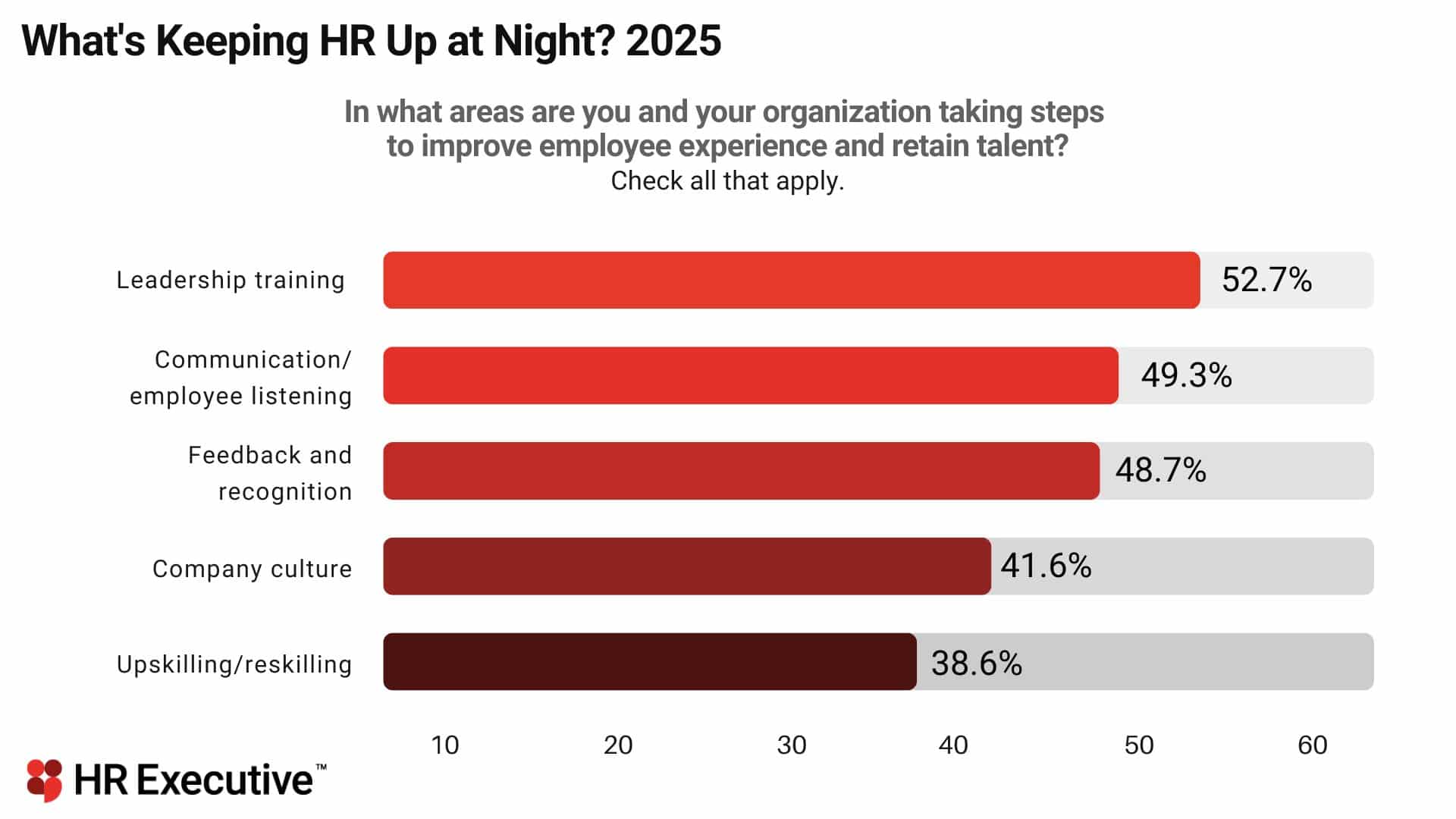The firm has said bills need to rise or else the business will not be able to recover from its financial crisis. However, if the company does collapse, water supplies will not be affected.
All water firms have faced a fierce backlash over sewage discharges and pipe leaks in recent years, but Thames has been in the spotlight given its debt pile, and the fact one in four people in the UK rely on it.
Critics have argued the water industry has historically neglected investment in favour of paying executive bonuses and shareholder dividends.
Water bills could rise by an average of £19 a year (21%) between 2025 and 2030, but a final decision on the proposed increase is due on 19 December.
Thames Water has said previously it needs to increase bills by 53% in order to shore up its finances.
The company could run out of money within the first three months of 2025, which is why its creditors have offered it a further £3bn cash loan to be released in two tranches, the first £1.5bn of which could be released in February.
It is waiting for a court date next week to approve the cash injection which could prove pivotal as it would mean it had enough cash to last until October next year.
An insider told the BBC that if it was not for the firm’s huge debt pile, Thames would be in reasonable shape financially.
In its latest results, it reported a profit before tax of £249.6m – 20% up on the year before.
However, Thames also needs to raise about £4bn in new equity, which does not need to be paid back.
While there are several interested parties that could put that money in, the investment would depend on how much pain lenders are willing to take and whether or not the water industry regulator Ofwat will grant the company to push through steep bill increases.
Mr Weston said on Tuesday there was “considerable interest” from potential equity investors in the company.
Credit: Source link











